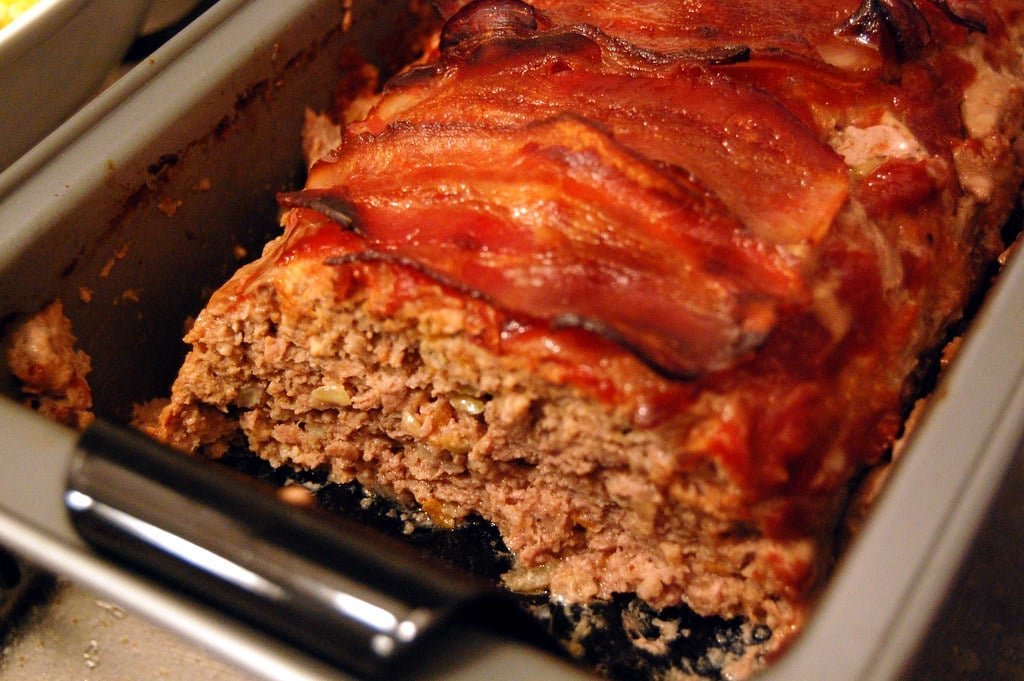We’re zeroing in on a family favorite that’s as classic as it is delicious: meatloaf. Whether you’ve crafted it from a secret family recipe or just winged it with what’s on hand, the question remains: How long can you keep that meaty masterpiece fresh and safe to eat?
You’re not alone if you’ve ever hesitated before diving into leftovers. After all, ensuring our family’s safety is paramount, especially when it comes to food. So, let’s slice into the topic and find out just how long meatloaf can hang out in the chilly comforts of our fridge before we wave goodbye and send it off to that great dinner plate in the sky.
Before we get into specifics, it’s essential to know that food safety is not just about a number of days but also about how the food was handled before it went into the fridge. Making sure your meatloaf reaches an internal temperature of 160°F (71°C) is crucial to killing off any harmful bacteria. A trusty food thermometer is your best friend here!
Once you’ve nailed the cooking process, you should store your meatloaf in the refrigerator within two hours of cooking. Bacteria love to party at room temperature, so don’t let them get their groove on with your meatloaf!
According to the U.S. Department of Agriculture (USDA), cooked meatloaf should be eaten within three to four days when stored properly in the refrigerator at or below 40°F (4°C). This guideline is also supported by the Centers for Disease Control and Prevention (CDC), which emphasizes that perishable foods should not be left out for more than two hours.
But why this timeline? Well, after four days, even if your meatloaf has been refrigerated promptly, the risk of bacterial growth increases. And we’re not just talking about the kind that causes your food to develop funny smells or colors (those are the obvious deal-breakers). Some bacteria can multiply without giving you these tell-tale signs, potentially leading to foodborne illnesses.
Perhaps you’ve made enough meatloaf to feed an army, or maybe it’s just one of those busy weeks where leftovers are forgotten. Fear not! Freezing meatloaf is a great option. When frozen at 0°F (-18°C) or below, your meatloaf can remain safe indefinitely. However, for the best quality, try to consume it within three to four months. Remember to wrap it tightly in freezer-safe materials to combat freezer burn.
When it’s time to rekindle the love affair with your meatloaf, reheating it correctly is key. You want to ensure it reaches 165°F (74°C) throughout, so every slice is as safe as it is scrumptious. Covering it with aluminum foil can prevent it from drying out in the oven. If you opt for the microwave, use a microwave-safe dish and cover it to keep the moisture in.
Sometimes, despite our best efforts, meatloaf can go south. Here are a few signs that your loaf has lost its groove:
Here are some quick tips to extend the life of your meatloaf:


